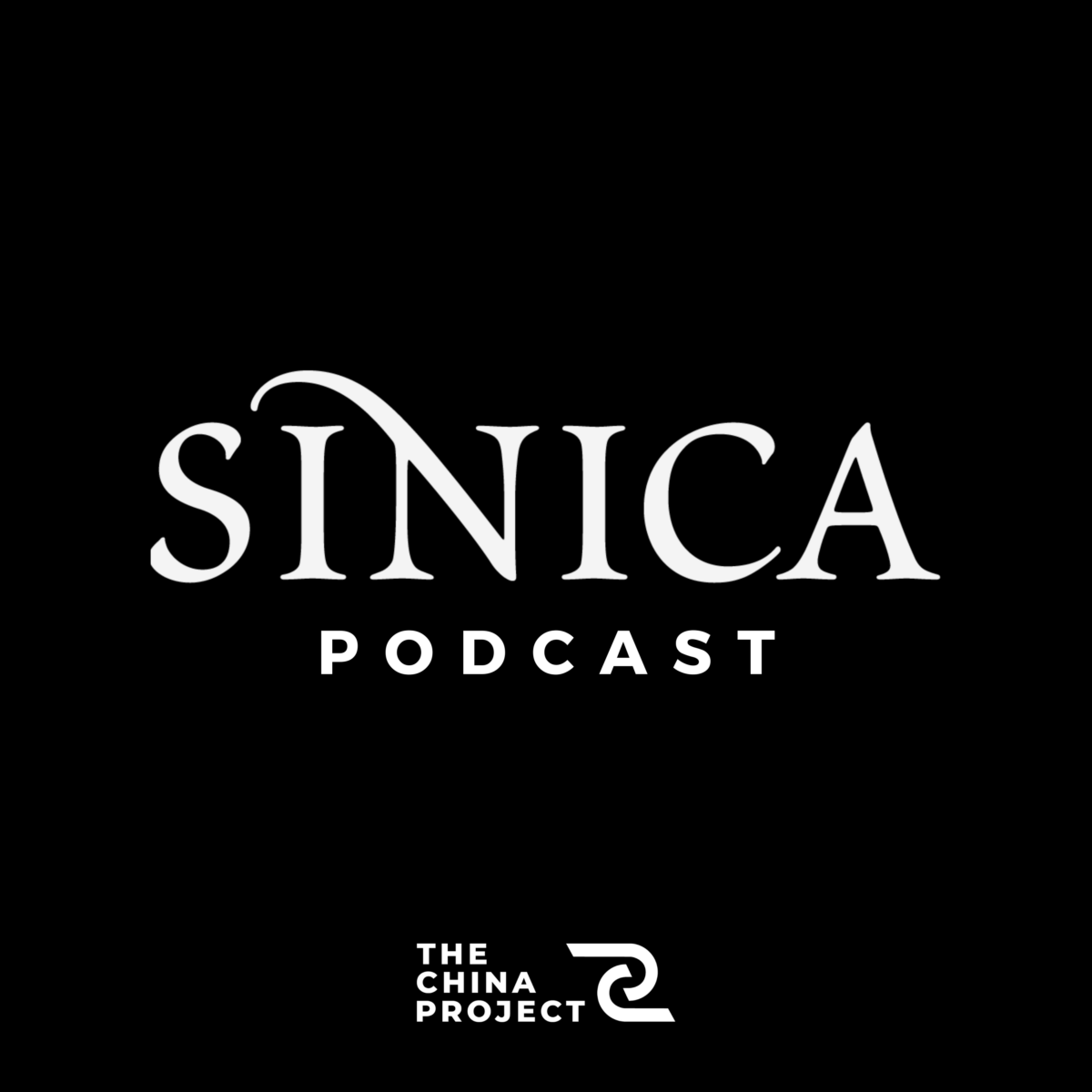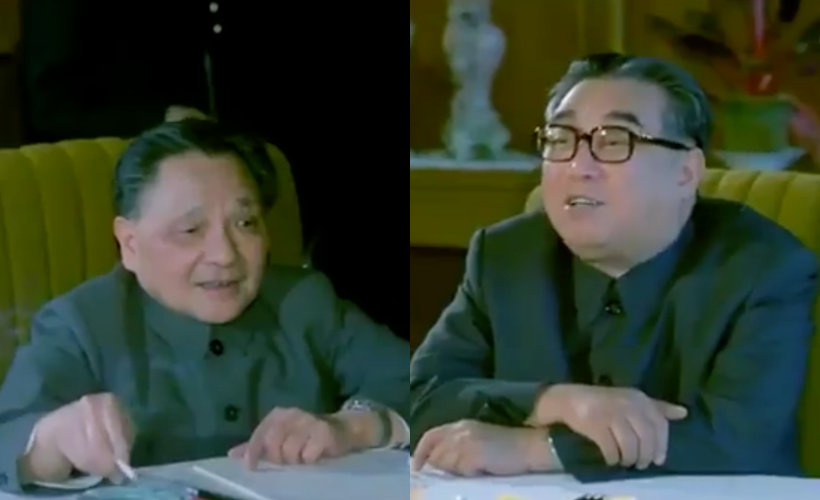The dominant narrative in the U.S. about China’s relationship with the small northeastern neighbor is relentlessly one-sided. For decades, American officials have referenced Mao Zedong’s famous (though slightly mistranslated) description that North Korea and China are as close as “lips and teeth.” This perception has continued to recent times, such as when President Donald Trump insisted in July last year that if only China put a “heavy move” on the country, it could “end this nonsense once and for all!”
But could it? What is the relationship, really, between China and North Korea, and how has it changed in recent years? Has China — or any country, for that matter — ever played a decisive role in North Korea foreign policy?
To answer these questions, and bring context to current tensions in Northeast Asia, we welcome Ma Zhao, an associate professor of modern Chinese history and culture at Washington University in St. Louis, and John Delury, an associate professor of Chinese studies at Yonsei University in South Korea. Ma Zhao has written Runaway Wives, Urban Crimes, and Survival Tactics in Wartime Beijing, 1937-1949, and is working on a new book called Seditious Voices in Revolutionary China, 1950 to 1953. John has become a go-to citation for media seeking commentary in the most recent busy year of North Korea news, and co-authored (with Orville Schell, who we interviewed last week) an excellent book titled Wealth and Power: China’s Long March to the Twenty-first Century.
Please note that this episode was recorded on March 24, a few days before the world learned that Kim Jong-un had traveled to Beijing to meet with Xi Jinping.
Recommendations:
Ma Zhao: Two books: A Misunderstood Friendship: Mao Zedong, Kim Il-sung, and Sinonorth Korean Relations, 1949-1976, by Zhihua Shen and Yafeng Xia, and Seditious Voices in Revolutionary China, 1950 to 1953, Ma Zhao’s own book that is “in the pipeline.”
John: Deng Xiaoping’s famous interview with the Italian journalist Oriana Fallaci, possibly the most frank and interesting interview that a leader of the Communist Party of China will ever give. Of particular note: Deng’s comments that “life tenure of cadres in leading posts” was an “institutional defect.”
Kaiser: The really well organized and high-caliber Association for Asian Studies annual conference.








